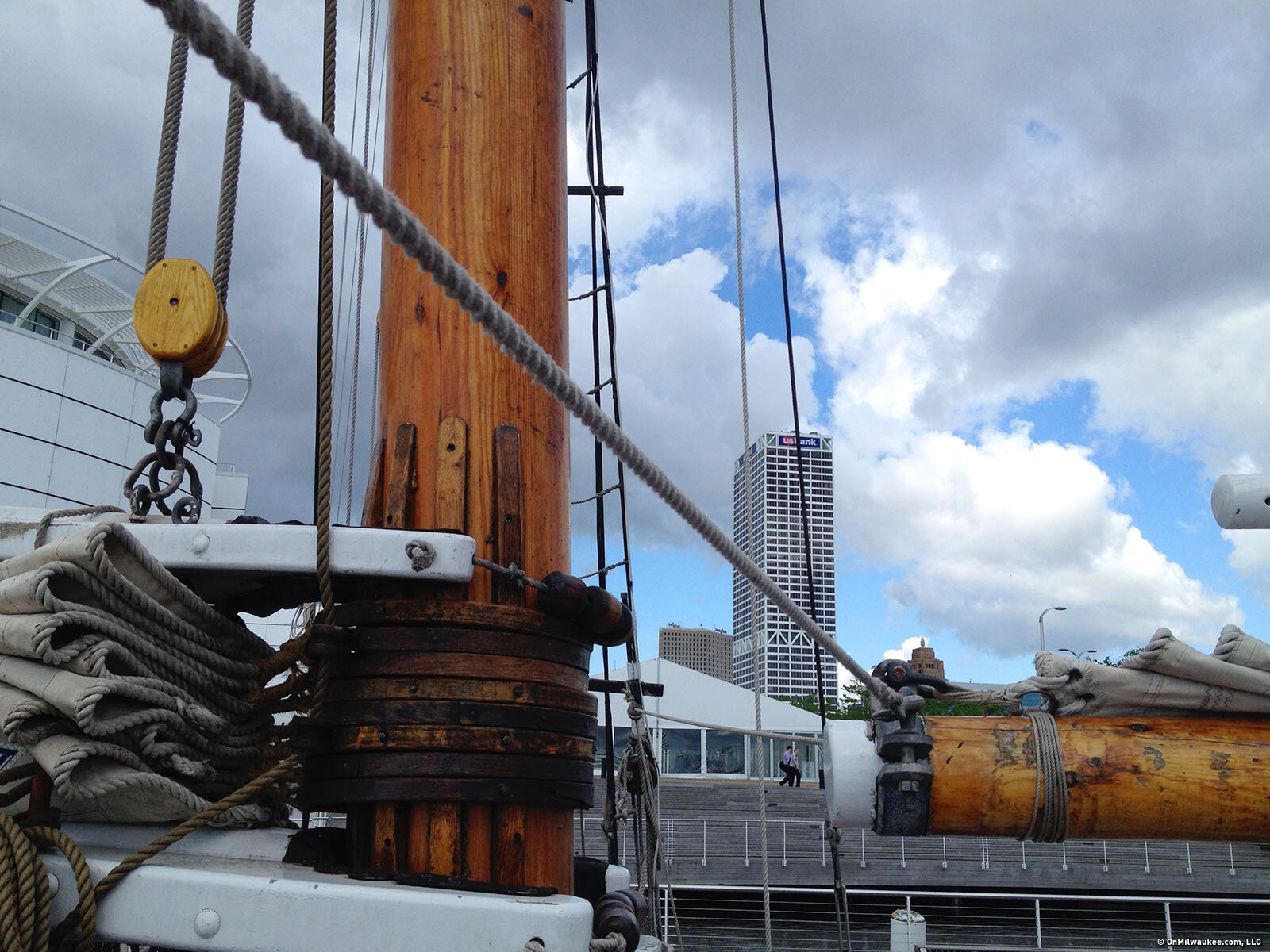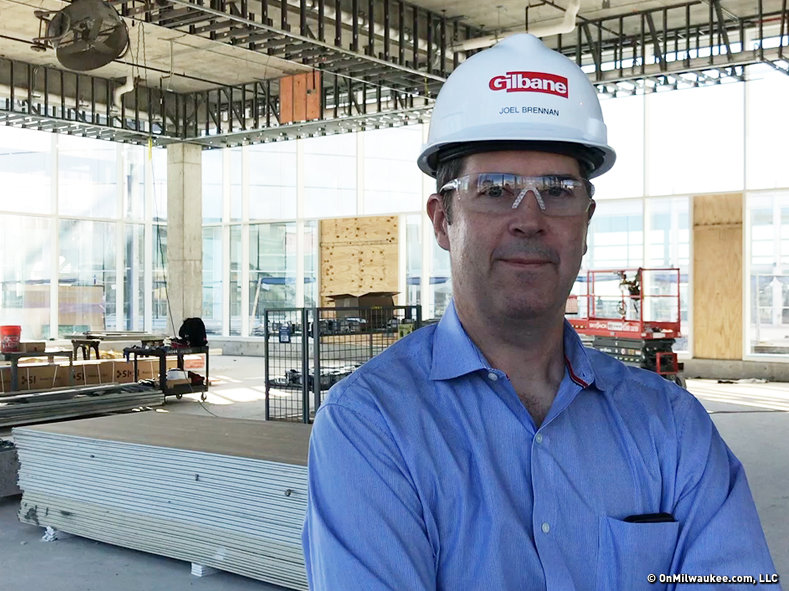This week, a major force in modern music turns 100 years old, but to many of us in Wisconsin, he is simply our friend Les. Les Paul had a profound impact on the world while he lived, and nearly 6 years after his passing, he still provides important lessons for all of us about creativity, passion, innovation and lifelong learning.
I had the honor to come to know Les in the last years of his life, many years after his became a household name due to the Gibson guitar that bears his name, his music innovations and the countless hits he recorded in the 1940s and 1950s, most with his wife Mary Ford but some with other entertainment legends like Bing Crosby and the Andrews Sisters. In the 1970s and '80s, Les returned to the music scene with country legend Chet Atkins, recorded songs with many present day stars and played two shows every Monday night at the Iridium in New York until just months before he passed away.
Even in his later years, Les kept the hours of a rock legend. My first meeting with Les at his home in New Jersey was over breakfast – at 3 in the afternoon! Les had been working and tinkering in his basement workshop until dawn and then settled in for a few hours of shuteye, and we came to know that these were his regular hours. That first conversation lasted more than 8 hours, and we quickly came to appreciate that Les’ intention – to inspire creativity and spark innovation in young people – was a perfect match for our Discovery World mission.
Les was adamant that his guitars and sound innovations not be placed behind glass and kept away from people. He wanted visitors of all ages to understand that no matter what your level of education (and Les didn’t have much formal education), asking questions and experimenting was the single most important way to learn and create. Since our mission is to educate, motivate and inspire innovators through hands-on learning, we knew right away that we had met a kindred spirit.
At one point early on in our first conversation, Les pointed to a handsome guitar that was propped up by an open silverware drawer in the kitchen. "Right there is Les Paul #1," he said, "that is the first Gibson Les Paul ever made in 1952." My colleague and I looked at each other in disbelief, keenly aware that an errant elbow or a misplaced spoon or fork could transform this precious piece of history into twisted metal and broken wood. But this episode exemplified the real genius and essence of Les – everything about him was right in front of you, without pretense, for everyone to see and to enjoy.
Following that meeting, we worked together to build an exhibit that reflected both Les’ contributions to music and sound technology and his lifelong commitment to innovation.
Les was one of the world’s great tinkerers, who took every day items, improved them, and made magic with them. Everything Les created or worked on has a name – "The Clunker" is the hollow body with which he made many of his greatest hits with Mary Ford, "The Thing" is one of his early sound boards, "The Ding Dong" is a string tester that he fashioned out of a door bell from his home, and, of course "The Log" is the legendary prototype for his first solid body guitar. Everything Les put his hands to and tinkered with reflects the genius in the simplest things.
Our initial exhibit agreement called for the partnership to last six months. Nearly seven years later, the "Les Paul House of Sound" exhibit remains one of the most popular in our facility and draws visitors from around the world. We have added new features and intend to continue this partnerships for years to come as we use the exhibit and the classroom experiences that it has spawned to inspire the next generation of tinkerers and inventors.
One of the most important lessons from Les is that creativity doesn’t have an age limit. When he died in 2009, Les was working on a prototype for a new hearing aid. Why?
Because his own hearing was diminished by his many years in the music industry, and he wanted to make sure that he could help himself, but also the thousands of others whose hearing is in jeopardy every year. The work didn’t end with Les’ death, as the Les Paul Foundation continues the focus on programs that will lessen the impacts of hearing loss and find long-term solutions for these challenges.
We’re proud that Discovery World is home to the world’s largest collection of Les Paul’s artifacts and the innovations that he inspired, but we are prouder to have developed a friendship with this lifelong innovator. Because the genius in Les is not in the things he did or made – the legacy of Les Paul is that he spent a lifetime in passionate pursuit of innovation, improvement and creativity. Each one of us has a little bit of Les Paul inside; as we mark his 100th birthday, we should rededicate ourselves to finding the spirit of Les within ourselves and helping unlock that spirit in the young people who can be the innovators of tomorrow.
Discovery World celebrates Les Paul's 100th birthday with a series of events this weekend.







